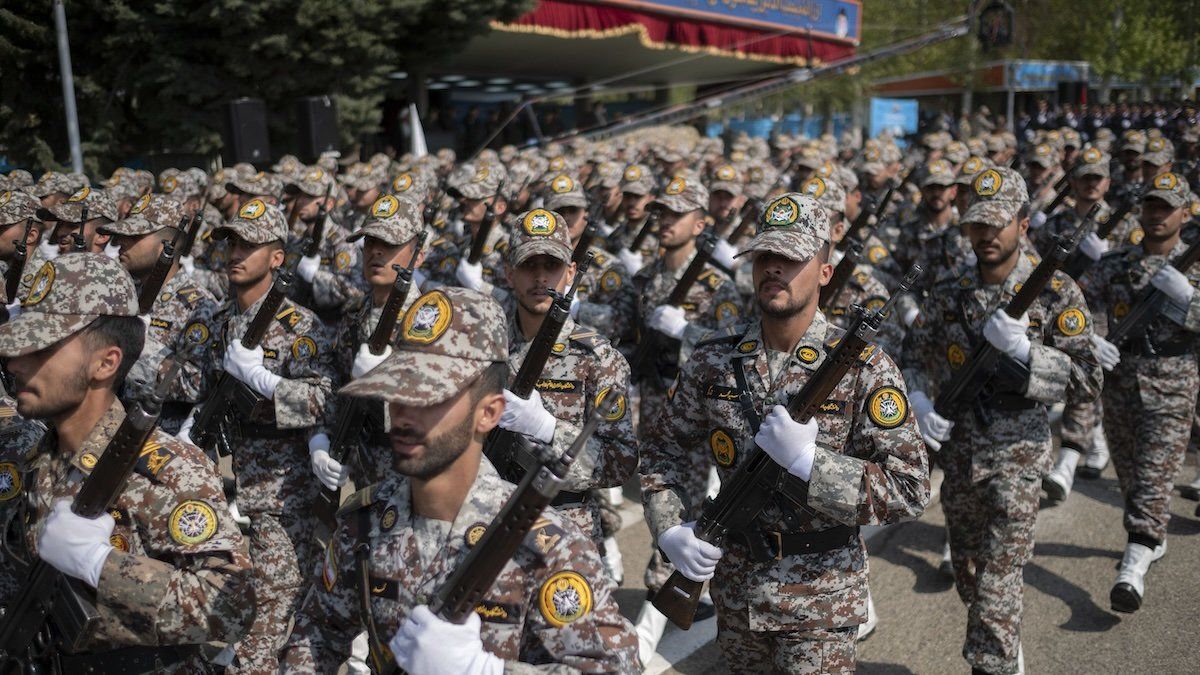The world is waiting to see how Israel retaliates against Tehran’s recent air attacks. But, according to new reports, nothing is likely until after Passover, a holiday celebrating the liberation of Israelites from Egypt thousands of years ago. Passover begins on Monday and ends on April 30.
The news comes as Israel continues to weigh the extent and timing of any response to Iran’s drone-and-missile salvo from last weekend, with the US urging restraint for fear of igniting a wider regional war. Iran says it will respond to any Israeli strikes, and on Thursday warned it could pursue nuclear weapons if any of its nuclear facilities are targeted — a prospect that Israel and its Western allies have worked against for years.
Meanwhile, talks on a cease-fire in Gaza – a surefire way to cool things down – are at an impasse, with Qatar, an indispensable interlocutor between Israel and Hamas, now saying it will reevaluate its role in the discussions following US criticism of its ties to the group. But would Qatar really walk away entirely? Doubtful – the tiny Gulf state views its mediator role as a key means of boosting its global clout.
“Qatar is frustrated by the criticisms emerging from some American politicians,” says Sofia Meranto, a Middle East analyst at Eurasia Group. And while “Doha may try to distance itself from the talks,” she says it “is unlikely to abandon its role.”
